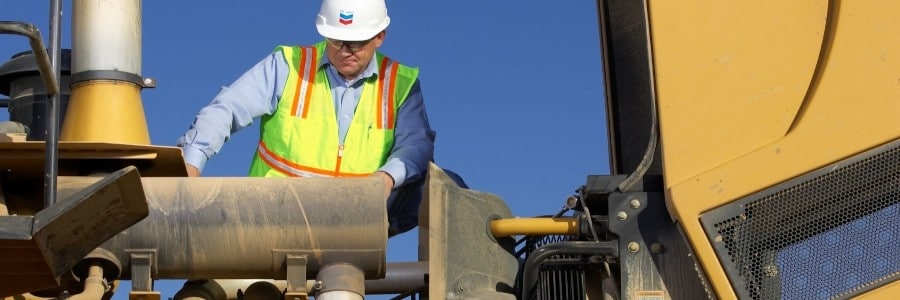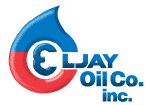Nitrited or Nitrite-Free Coolants?

In the interest of increasing overall efficiency, heavy-duty vehicle OEMs have begun migrating from copper and brass radiators to ones made of brazed aluminum. These newer radiators and engine cooling systems are lighter and less expensive than the old ones and are reportedly more effective at cooling the engine and dispersing heat. In addition to reducing the total weight of the vehicle, they are also expected to have a longer service life. For all their benefits, however, an issue arises in the way they interact with different types of coolants. Aluminum radiators are manufactured using a controlled atmospheric brazing or CAB process to join the parts. The outside of the radiator develops a natural protective coating through exposure to the atmosphere – a process known as passivation. Inside the radiator, however, the brazed aluminum remains unpassivated, or lacking in that protective layer. Equipment manufacturers observed that coolants containing nitrites had a negative reaction with the unpassivated aluminum, causing the formation of precipitants that can clog the cooling system. This reaction can also accelerate the degradation of the coolant itself. For these reasons, a number of OEMs, primarily in Europe, began specifying nitrite-free coolants using organic additive technology or OAT. However, other OEMs, notably in North America, continued to specify nitrited or NOAT coolants, which provide an extra measure of protection against cavitation and corrosion. Their short-term fix was to introduce yet another fluid, an aluminum conditioner that effectively passivated the metal inside the radiator. This mitigates the negative reaction with a nitrited coolant, but with an added cost and maintenance step. So what makes sense, nitrites or nitrite-free? At Chevron, we have two alternatives for meeting both NOAT and OAT specifications without compromising protection. In 2019, we launched Delo® ELC Advanced extended life coolant, an ethylene glycol-based NOAT formulation containing nitrites, with a patented passivation technology that controls the nitrite reaction with aluminum – eliminating the need for an aluminum conditioner while still delivering the full protection benefit nitrites provide against cavitation. This allows a maintenance manager to take a one-solution approach for all coolant needs outside of the OEM warranty. Many of today’s coolant intervals can far exceed the duty cycle of the warranty if properly checked and maintained. Recognizing that some OEMs specify a nitrite-free approach, we also offer Delo® XLC extended-life coolant, a nitrite-free OAT formulation specifically to meet the need for a non-nitrited solution. So whether the manufacturer specifies a nitrited or nitrite free coolant, you can confidently choose a Delo product for your application and get the benefits of a modern, efficient, and lightweight cooling system in your vehicle. |
